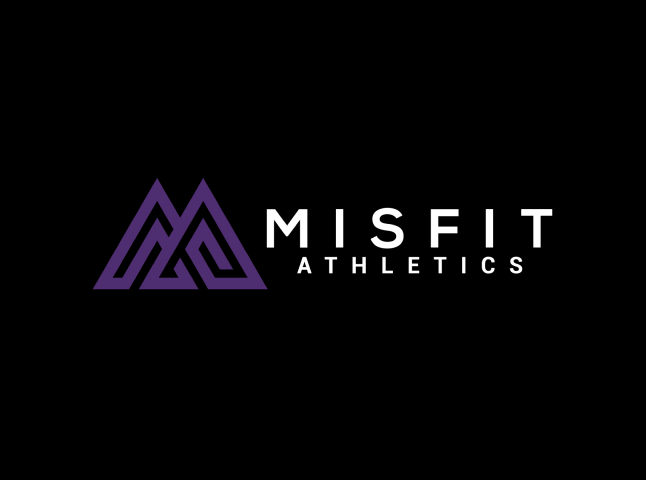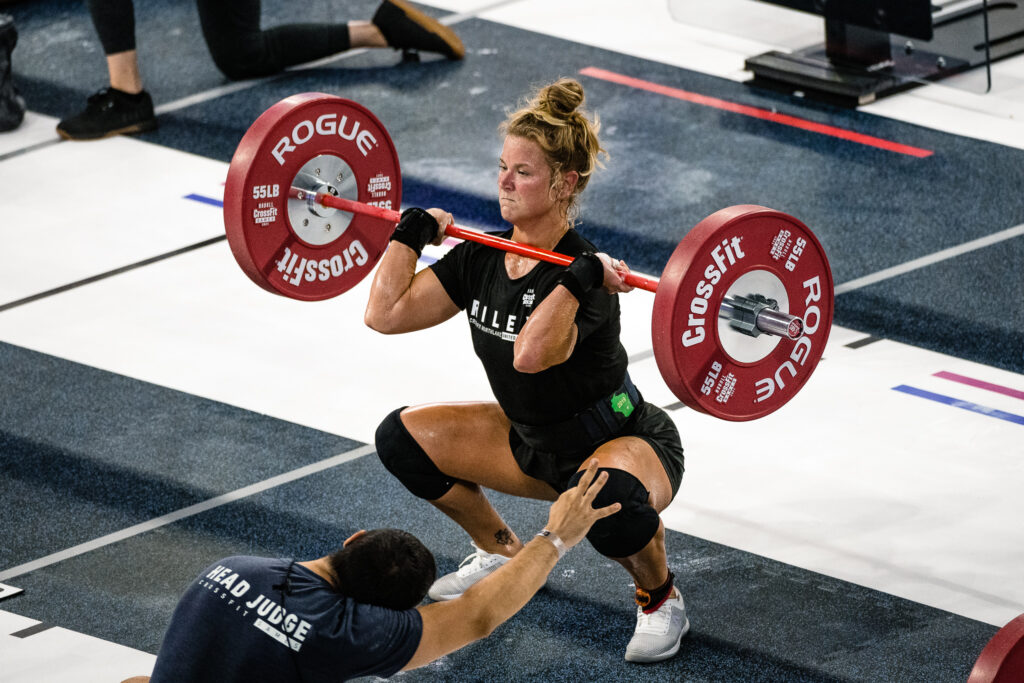The 3 Ways Your Ego Monster Can Derail Your Progress
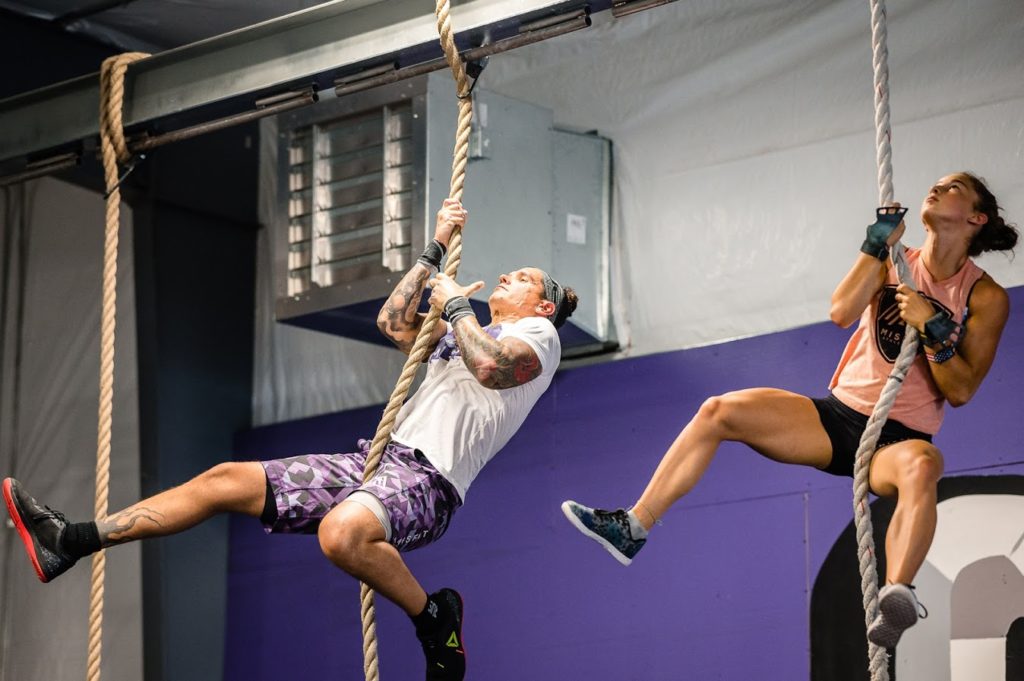
Our aim with Misfit Athletics is to help you create the absolute most formidable version of yourself possible. Whether your goal is qualifying for the Games or just getting as close to your physical potential as possible, we ask a lot of you. We tell you to train, recover, eat, and sleep a certain way and most of you follow this advice to a T. Despite following the information we provide, many of you still struggle to see the progress you’re hoping to make, so today we’re taking it back to some old school Misfit mentality by addressing the invisible boogeyman that follows you into the gym every day: The Ego Monster. Your Ego Monster can either drown you or serve as a high speed watercraft, and he is fueled by the three the biggest issues we see athletes struggle with inside the gym.
Mindset
The Problem
While our sport is a physical expression of what our bodies are capable of, the most significant advantage and adaptation our highest performers have is between their ears: their mindset. How can it be that someone’s most significant advantage can also be their undoing? We live in an era where an infinite amount of information is merely a click or two away. This information overload when combined with our egos can create a toxic combination that often leads us to feel inadequate. When you scroll Instagram and see someone was snatching 275lbs easier than you snatch 175lbs, or moving through a set of pull ups with such ease that we become discouraged and frustrated to the point that it makes you feel inferior. You begin to tell yourself that “if only I could do XY or Z that well, I could be that fit”. This inadequacy and desire to “keep up with the Joneses” clouds our judgment and muddies our focus. If you buy into that bullshit, you are feeding your very own Ego Monster, and the irony here is that narrative and mindset is the exact opposite of the individuals you idolize. The best in our sport are obsessed with the journey, not the destination. These athletes are so in-tune with every facet of their fitness they can recognize and acknowledge minuscule victories such as today’s 60% snatches feeling better than the previous week’s snatches at 60%. It’s an incredibly small thing to notice and it takes practice to reframe what small victories look like. These athletes are motivated by incremental growth, no matter how small, and they rabidly seek out progression in everything they do. It’s what separates the good from the great.
The Fix
Shift your focus, energy, and attention away from others. Rather than using your time and resources wishing you had what they had, do what they do and shut out the noise. Recalibrate your mindset from macro victories back to micro wins, seeking tiny improvement in everything you do. If you focus on getting 1% better each day for an entire year, by the end of the year, you will be 37% better than when you started.
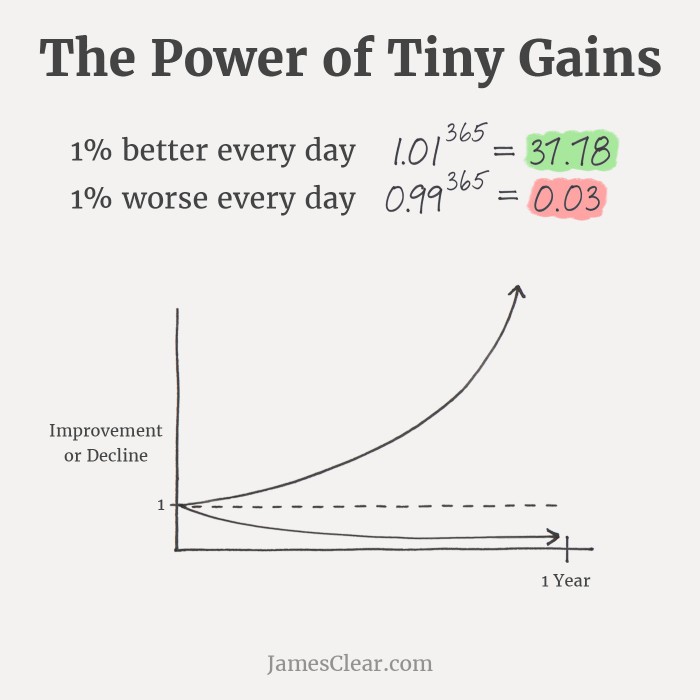
Turn off social media, stop consuming the media that is feeding your ego monster and begin to seek out and acknowledge these small victories. Little by little, a little becomes a lot. Once you have recalibrated your mindset, it’s time to address the physical component of your training
Intensity
The Problem
Intensity ≠ difficulty. Intensity is not a black and white construct; it lives in the grey area. Intensity can be moving fast, and intensity can be moving slow. Intensity can be created by racing through a workout like “Fran,” but it can also be created by moving as slowly and as controlled as you can through a gymnastic movement like the strict muscle-up. Far too often, the issue I see is that lack of understanding about what the purpose is behind each training piece. The aim isn’t to check-off a box that says “I did X”, instead the goal has to be the growth mentioned above. Yes, you may be able to do a workout like Fran as prescribed, but if it takes you 20 minutes to complete it, did you really do Fran? Within the confines of Misfit Athletics, we see so many athletes trying to take on the burden of the MFT program instead of understanding the purpose behind each piece and choosing to do the version of the workout that’s appropriate for them. You know better, but your Ego Monster doesn’t. Understanding the purpose behind each piece is critical to achieving the intended intensity of each training piece. Once you understand “intensity,” you will be able to see how executing your training with purpose will help you develop a more robust fitness.
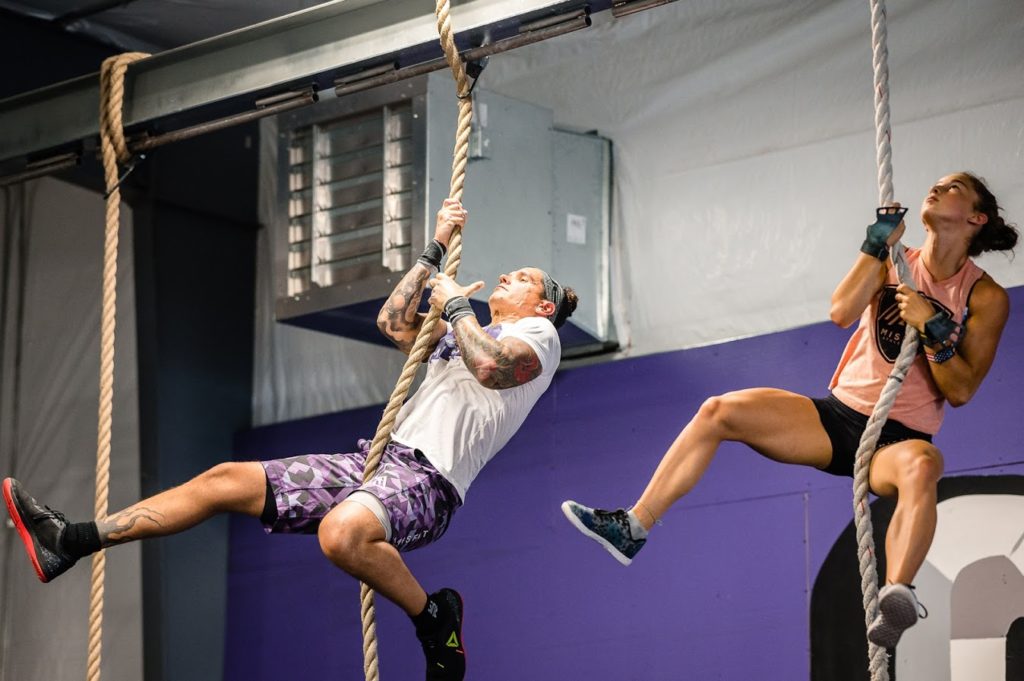
The Fix
The vagueness and juxtaposition of intensity can make it a very confusing topic, but there’s a simple two step assessment you can ask yourself (don’t ask your Ego Monster) to ensure you’re on the right path:
-
“What’s the purpose of the piece I am about to do?”
Creating the context for yourself about “why” you are doing your next piece should be step number one. This can help you identify what the stimulus of the workout is, and frankly, whether or not it would be beneficial to your goals or simply unneeded volume. Once you have the purpose move to step 2.
2. “How should this piece be executed?”
If you find yourself doubting your ability to “stay with the pack” with what is prescribed (because it’s too heavy or too advanced for your current ability), try this: SCALE. This is the exact purpose we made the Hatchet program – to bridge the gap between the fittest on earth and the rest of us just looking to get really fit. For a lot of you reading this, you won’t take my advice when I tell you to scale because you feel that scaling is beneath you. Reality check: it’s not. To my knowledge, no one has become “less fit” because they scale appropriately. There are very, very few workouts that can’t be made far worse by simply going faster. Failing to scale when necessary feeds your Ego Monster, and feeding your Ego Monster will slow your progress and keep you from your goals. When you fall in love with the process and not the idealistic “end state,” you continually starve the Ego Monster, thus keeping you focused on day-to-day improvements.
Take Risks and Embrace Failure
The Problem
The common thread is the ego. Being vulnerable and being afraid to fail is what happens when your ego is out of whack. The best athletes in our sport are not solely motivated by their outcomes, but rather by their progress. They understand that they have to be willing to put themselves out there and take risks.
In contrast, most of us would rather play it safe. Outcomes, not progress, motivate us, so if we put ourselves out there and fail, we see ourselves as failures rather than someone who failed this one time. That, my friends, is your Ego Monster. When you internalize an objective outcome and attach a subjective emotion to it, you feed your Ego Monster and again he clouds your perspective and has you attaching your self-worth to your success and failures. This mindset can be especially damning if you have a rough few days of training back-to-back.
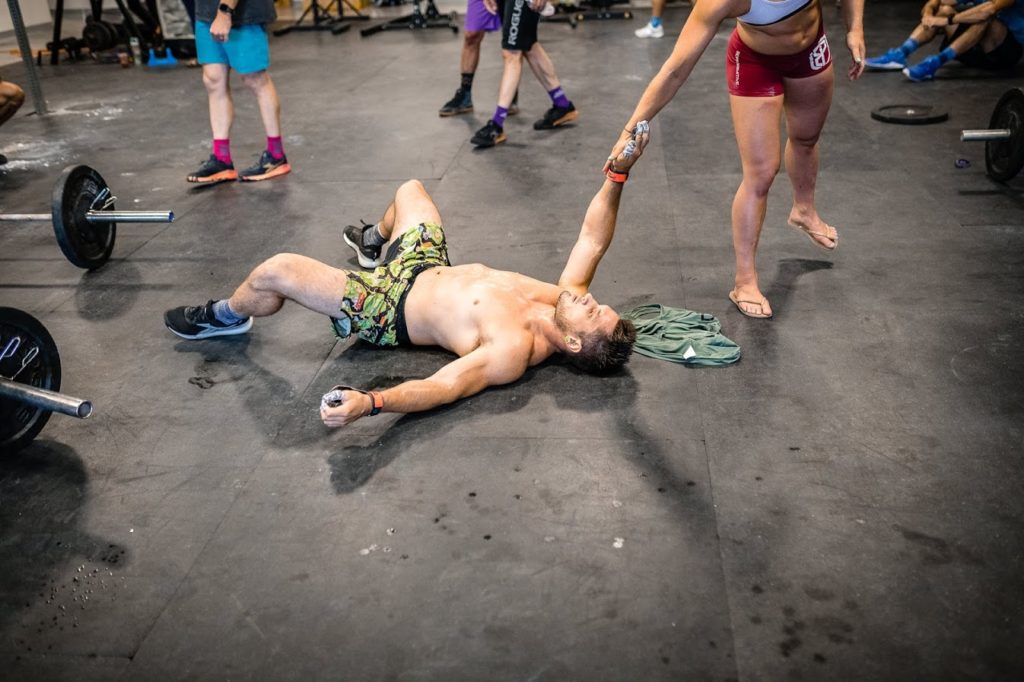
The Fix
Be vulnerable, take risks, and learn to love failure because it’s an excellent teacher. Don’t buy into your own bullshit. Failing does not mean you’re a failure. I love the quote, “you either win, or you learn.” When you have success, learn from it. When you fail, learn from it. The outcome is different, but the lesson is nearly the same: you learn from your experiences. Shifting your mindset away from results and focusing on the process is vital to keeping you engaged and hungry, which in our sport, separates the successful athlete, from the ones who aren’t.
The Ego Monster is a powerful figure in all of us, the question is whether we harness it’s strength or allow it to consume us to the point where we forget where we started and no longer see where we’re going. The journey to creating the fittest version of yourself starts with self-knowledge. Apply the previous fixes outlined above, and I assure you that not only will you be happier with your training, you will also experience the type of growth and success you have been seeking all along. Happy Training!
-Sherb
Written by Matt Sherburne


